Search Definitions
Browse Content
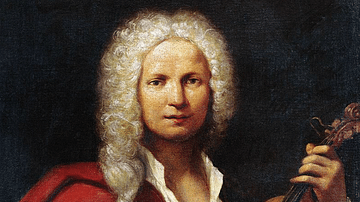
Definition
Antonio Vivaldi
Antonio Vivaldi (1678-1741) was an Italian violin virtuoso and composer of baroque music (c. 1600-1750). Best known for his violin concertos, notably The Four Seasons, Vivaldi made a significant contribution to the evolution of instrumental...
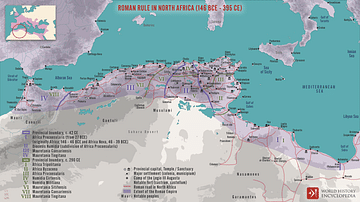
Definition
Mauretania
Mauretania was an ancient kingdom in northwest Africa, encompassing regions of modern-day Morocco and Algeria. Although it shares a name with the modern country of Mauritania, they do not overlap. Ancient Mauretania was named after the Mauri...

Definition
Giuseppe Verdi
Giuseppe Verdi (1813-1901) was an Italian composer best known for operas such as Rigoletto, La traviata, and Aida. Verdi is noted for his powerful scores and strong characters where anti-heroes lead the dramatic action through often complex...
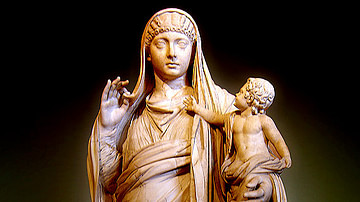
Definition
Britannicus
Britannicus (41-55 CE) was the second child and only son born to the Roman emperor Claudius (r. 41-54 CE) and Valeria Messalina (c. 20-48 CE). Seen as a threat by Claudius' fourth wife, Agrippina the Younger (15-59 CE), and her son, the future...
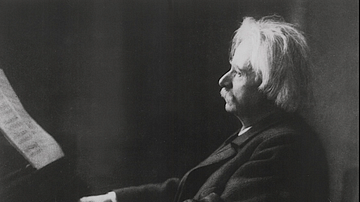
Definition
Edvard Grieg
Edvard Grieg (1843-1907) was a Norwegian composer known for his songs, piano music, and the Peer Gynt suites. The composer was famous in his own lifetime, touring extensively to play and conduct his own works across Europe. Grieg's Romantic...

Definition
Coup of 18 Brumaire
The Coup of 18 Brumaire (9-10 November 1799) was a bloodless coup d'état in France that overthrew the government of the French Directory and replaced it with the French Consulate. The coup brought Napoleon Bonaparte to power and, in the view...
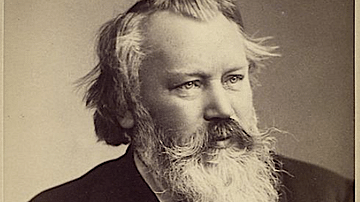
Definition
Johannes Brahms
Johannes Brahms (1833-1897) was a German composer of Romantic music best known for his symphonies, songs, and orchestral, chamber, and piano music. A great student of the history of music, Brahms was convinced that only by working within...
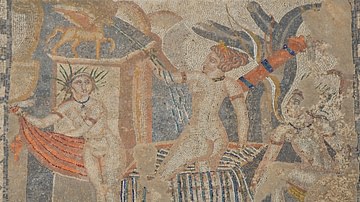
Definition
Diana
Diana was the goddess of childbirth, the fertility goddess, the goddess of the moon as well as the patron goddess of wild beasts in Roman mythology. However, she is best known as the goddess of the hunt, with her sacred animal being the deer...
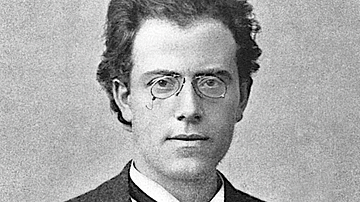
Definition
Gustav Mahler
Gustav Mahler (1860-1911) was an Austrian-Bohemian composer best known for his song-cycles and his grand, sweeping symphonies, which often require expanded orchestras for their full performance. Mahler, a composer of Late-Romantic music and...
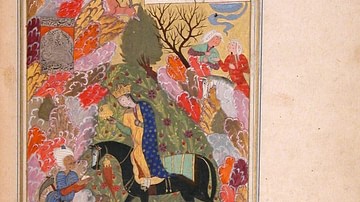
Definition
Khamsa of Nizami
Khamsa (also known as Quintet or Panj Ganj) is the best-known work of Nizami Ganjavi (c. 1141-1209 CE) and without a doubt one of the most prominent works of Persian literature. Written during the last decades of the 12th century CE, the...